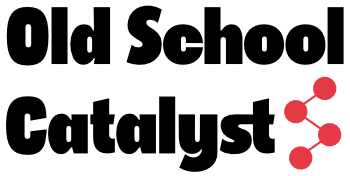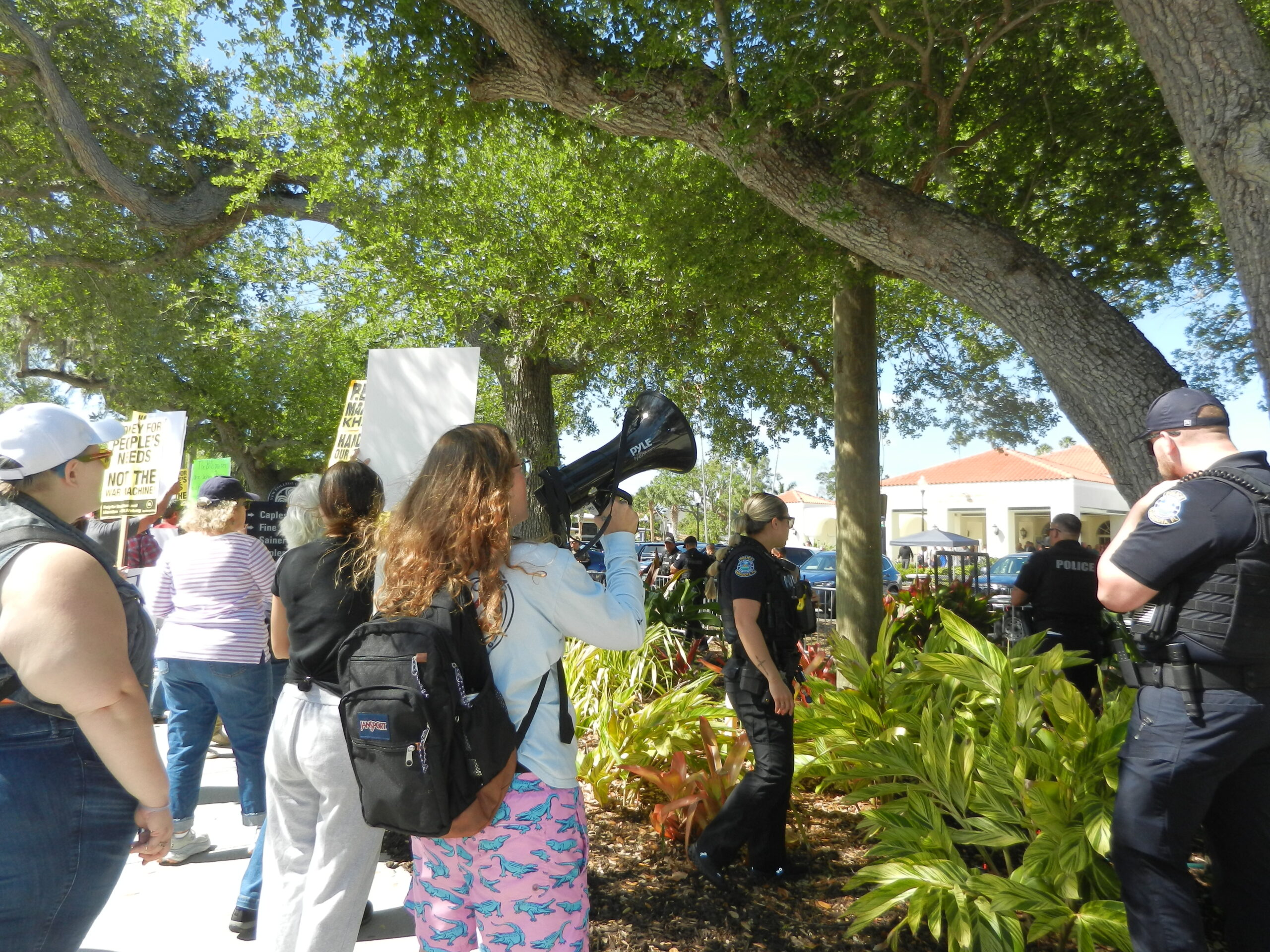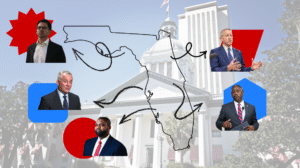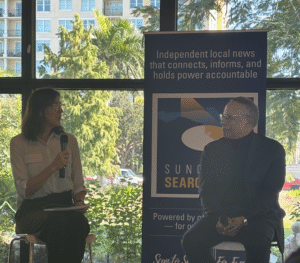If you’re a member of Gen Z as I am, your foundational understanding of your own education and of our social and political landscape is likely colored by confusion, fear and hatred. You may be tempted to retreat from public engagement or worse, adopt the rhetoric of the censors. You shouldn’t do either.
Our generation has seen Moms for Liberty take over school boards and the spread of mass book banning—now at over 15,000 instances nationwide since 2021. Twenty-six states have proposed some variation of “Don’t Say Gay” laws, and DEI bans have shut down programs related to diversity and inclusion at colleges and universities across the country. Meanwhile, Advanced Placement African American History classes have been canceled by state actors, for allegedly “lacking educational value.” Statistically speaking, you’ve probably been directly impacted by at least one of these measures.
This confusion, anxiety and fear that Gen Z has become accustomed to wears us down faster than we can rebuild ourselves, and many of us are simply disengaging in the interest of self-preservation—or more alarmingly, aligning ourselves politically with the rhetoric of censors out of a desire for security and validation.
How did we reach this point where censorship is the new normal, where it has become easier than ever to get lost in an ocean of disinformation and propaganda?
Though Gen Z has been portrayed in the news as a generation of progressive activists, data from the 2024 presidential election shows otherwise. Youth voter turnout is down, and surveys show that racial injustice, LGBTQ+ discrimination and educational censorship all remain contentious issues among Gen Z voters. America’s teenagers and young adults tend to lean more conservative than previous generations of young people—and we have to consider that frustration and fear may be driving this conservative turn.
But regardless of political affiliation, one statistic unites Gen Zers of all stripes: Seventy percent of Gen Z believes that the government is not doing enough to solve problems critical to their future, issues such as the climate crisis and the continually rising cost of living. The stakes are higher than ever before, but apathy about our government and our futures is also on the rise, along with the feeling that young people are not being heard or taken seriously.
I felt this frustration and hopelessness as a senior thesis student at New College of Florida in early 2023, when Gov. Ron DeSantis replaced the college’s board of trustees with his own political allies, including extremist anti-LGBTQ+ and anti-CRT media personality Chris Rufo. Students’ rights to study what they wanted and freely criticize the institution’s new leadership came under fire almost immediately.
It’s hard to put into words how damaging and demoralizing this was for New College students and recent graduates. While many of my peers fought to preserve their rights, many others fled New College as soon as they could. It was hard to want to stay when students and faculty were being doxxed, mocked online and even receiving death threats due to the sudden unwanted publicity. Some left academia altogether. Many students wanted to just keep their heads down until they could transfer or graduate and leave this all behind.
I would fantasize about moving somewhere where I didn’t have to fear state censorship and discrimination. But I believed then and still do that there is something unspeakably tragic about how the people most impacted by unconstitutional state overreach, the canaries in the coal mine of the campus free speech crisis we’re now facing nationwide, have often been the first to pull away.
Gen Z has been described both as the most educated generation in history and as lacking any collective memory of an America without harsh division. This has serious consequences for the younger generation. We have no vision, no reference point, for a path forward where the state and its favored partners are not actively dismantling our constitutional rights.
Perhaps because of that, we are more willing to accept limitations on rights that were fought hard for in the past, or more inclined to turn away when our rights are being actively dismantled. Our inclination is to withdraw, to hide until it’s safe.
Hiding is attractive when our identities, values and voices are targets for discrimination. It’s far easier for some to identify “woke culture” as the enemy than to focus on deeper issues of systemic inequality. People often find scapegoats closer to home: your trans classmate, your campus’s diversity officer, your neighbor’s Palestinian flag and your dog-eared copy of The Perks of Being a Wallflower are much easier targets than the systems of censorship and discrimination that have led us to this moment.
But relying on the same people who stifle us to save us will never work. The architects of this censorship movement create moral panics around, for example, DEI, books and the rights of students to protest. They argue that if we just let them take away a little more from us, then a little more, we’ll all be okay.
Wiping out speech you may not agree with does not treat the illness, however. This doesn’t even slap a Band-Aid on it—such erasure drags us all down ever further into the cesspool that is early-onset fascism in America.
Now is the time to take a stand against the apathy threatening to crush us all. The arc of history does not bend toward justice naturally. Gen Z, we need to understand that there’s nowhere left to run—all we can do now is fight to secure a better future for ourselves, bend that arc toward the justice we deserve. And we don’t have to do this work alone. In Florida, Gen Z can look to powerhouse youth advocacy organizations such as the Youth Action Fund, PRISM and Sarasota’s own SEE Alliance1 as living examples of the strength and resilience we have.
We have each other to lean on, to learn from and to rally beside. Exercising our free speech now is the strongest way to ensure that we’ll still be able to exercise it in the future. We must keep up the fight to ensure that censorship doesn’t cast a very long shadow over young Americans’ understanding of the world and what it can be.
- SEE Alliance is a 501(c)(3) organization acting as Old School Catalyst’s fiscal sponsor, allowing us to take tax-deductible contributions. They have no influence over editorial decisions. ↩︎




